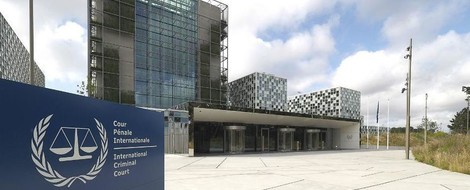Your podcast discovery platform
Curious minds select the most fascinating podcasts from around the world. Discover hand-piqd audio recommendations on your favorite topics.

piqer for: Globalization and politics Global finds
Sezin Öney, originally from Turkey, is based in Budapest and Istanbul. She her journalism career as a foreign news reporter in 1999 and she turned into political analysis as a columnist since 2007. Her interest in her main academic subject area of populism was sparked almost decade ago; and now she focuses specifically on populist leadership, and populism in Turkey and Hungary. She studied international relations, nationalism, international law, Jewish history, comparative politics and discourse analysis across Europe.
A Poisonous Week At The Hague Tribunal
Florian Bieber, director of the Centre for Southeast European Studies in Graz and a top expert on the Balkans, writes as follows:
The nationalistic reactions to the death of Slobodan Praljak and the conviction of Ratko Mladic show that bitterly hostile disagreements persist over the reasons for the 1990s wars and the crimes that were committed.
Bieber provides various examples to nationalist reactions given to Praljak's suicide from the Croatian press and politics. Nevertheless, it is not just on the Croatian side that nationalist resentments and bitterness lie. Denial and self-victimisation abound across former-Yugoslavia. In Bieber's words:
This poisonous week at The Hague demonstrates that despite nearly 25 years of international transitional justice, EU integration and regional cooperation, political interpretations of the wars and the crimes remain antagonistic and mutually hostile; in fact more so than a decade ago.
This is not to say that the ICTY is futile and nothing has been achieved through international justice as far as war crimes are concerned. As Bieber notes, none of the culprits would have been sentenced in Serbian, Bosnian or Croatian courts. But, once wars erupt and fighting leaves a bitter legacy, there are no easy ways, no shortcuts to face the traumatic past. While coming to terms with the past will require ever new paths far beyond the ICTY itself, the efforts just cannot be abandoned — so that history may cease to repeat itself.
